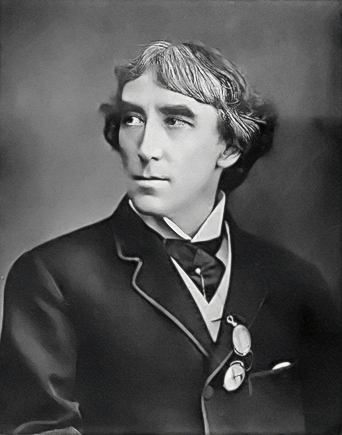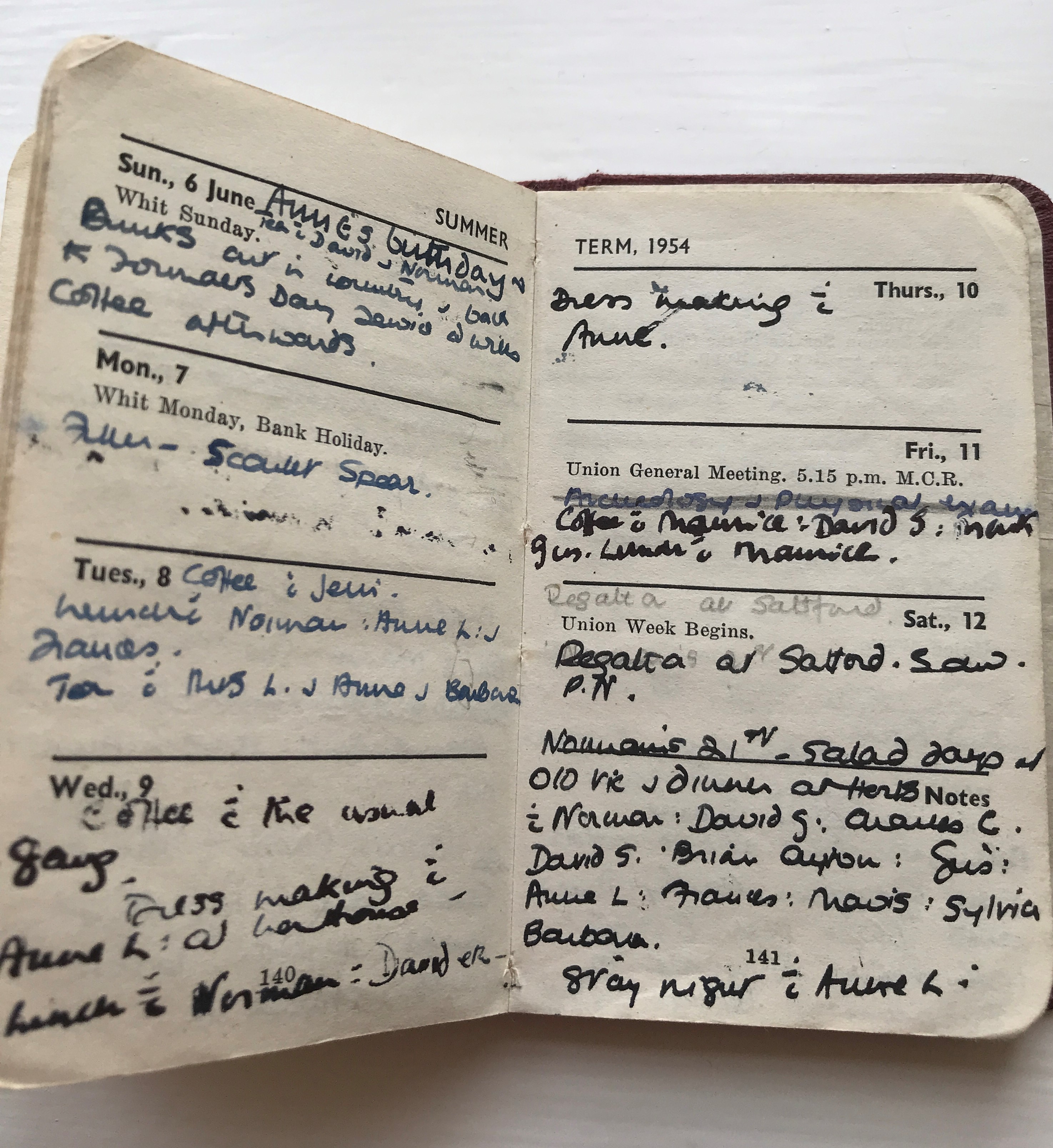|
Michael Aldridge
Michael William ffolliott Aldridge (9 September 1920 – 10 January 1994) was an English actor. He was known for playing Seymour Utterthwaite in the television series '' Last of the Summer Wine'' from 1986 to 1990 and he had a long career as a character actor on stage and screen dating back to the 1930s. Early life The son of Dr Frederick James Aldridge and his wife Kathleen Michaela Marietta White, Aldridge was born in Glastonbury, Somerset, England, on 9 September 1920. He was educated at Gresham's School, Holt, Norfolk, where he acted in school plays.Seymour: Michael Aldridge at examiner.co.uk (accessed 12 April 2008)''Aldridge, Michael, actor'', in ''Who's Who in the Theatre: a Biographical Record of the Contemporary Stage'' (11th edition, ... [...More Info...] [...Related Items...] OR: [Wikipedia] [Google] [Baidu] |
Glastonbury
Glastonbury (, ) is a town and civil parish in Somerset, England, situated at a dry point on the low-lying Somerset Levels, south of Bristol. The town, which is in the Mendip district, had a population of 8,932 in the 2011 census. Glastonbury is less than across the River Brue from Street, which is now larger than Glastonbury. Evidence from timber trackways such as the Sweet Track show that the town has been inhabited since Neolithic times. Glastonbury Lake Village was an Iron Age village, close to the old course of the River Brue and Sharpham Park approximately west of Glastonbury, that dates back to the Bronze Age. Centwine was the first Saxon patron of Glastonbury Abbey, which dominated the town for the next 700 years. One of the most important abbeys in England, it was the site of Edmund Ironside's coronation as King of England in 1016. Many of the oldest surviving buildings in the town, including the Tribunal, George Hotel and Pilgrims' Inn and the Somer ... [...More Info...] [...Related Items...] OR: [Wikipedia] [Google] [Baidu] |
Sheffield
Sheffield is a city status in the United Kingdom, city in South Yorkshire, England, whose name derives from the River Sheaf which runs through it. The city serves as the administrative centre of the City of Sheffield. It is Historic counties of England, historically part of the West Riding of Yorkshire and some of its southern suburbs were transferred from Derbyshire to the city council. It is the largest settlement in South Yorkshire. The city is in the eastern foothills of the Pennines and the valleys of the River Don, Yorkshire, River Don with its four tributaries: the River Loxley, Loxley, the Porter Brook, the River Rivelin, Rivelin and the River Sheaf, Sheaf. Sixty-one per cent of Sheffield's entire area is green space and a third of the city lies within the Peak District national park. There are more than 250 parks, woodlands and gardens in the city, which is estimated to contain around 4.5 million trees. The city is south of Leeds, east of Manchester, and north ... [...More Info...] [...Related Items...] OR: [Wikipedia] [Google] [Baidu] |
The Miser
''The Miser'' (french: L'Avare; ; also known by the longer name ''L'Avare ou L'École du Mensonge,'' meaning The Miser, or the School for Lies) is a five-act comedy in prose by the French playwright Molière. It was first performed on September 9, 1668, in the theatre of the Palais-Royal in Paris. The play The play was first produced when Molière's company was under the protection of Louis XIV. It was loosely based on the Latin comedy '' Aulularia'' by Plautus, from which many incidents and scraps of dialogue are borrowed, as well as from contemporary Italian farces. The miser of the title is called Harpagon, a name adapted from the Greek ἁρπάγη pronounced ''harpágay'', meaning a hook or grappling iron (ἁρπάγη < ἁρπάζω = grab). He is obsessed with the wealth he has amassed and always ready to save expenses. Now a widower, he has a son, Cléante, and a daughter, Élise. Although he is over sixty, he is attempting to arrange a marriage between himself and an ... [...More Info...] [...Related Items...] OR: [Wikipedia] [Google] [Baidu] |
She Stoops To Conquer
''She Stoops to Conquer'' is a comedy by Oliver Goldsmith, first performed in London in 1773. The play is a favourite for study by English literature and theatre classes in the English-speaking world. It is one of the few plays from the 18th century to have retained its appeal and is still regularly performed. The play has been adapted into a film several times, including in 1914 and 1923. Initially the play was titled ''Mistakes of a Night'' and the events within the play take place in one long night. In 1778, John O'Keeffe (Irish writer), John O'Keeffe wrote a loose sequel, ''Tony Lumpkin in Town''. The play is notable for being the origin of the common English phrase, ''"Ask me no questions and I'll tell you no lies."'' (appearing as 'fibs' in the play). Plot Act I Act I begins at the Hardcastles’ home in the countryside. Mrs. Hardcastle complains to her husband that they never leave their rural home to see the new things happening in the city. Hardcastle says he loves e ... [...More Info...] [...Related Items...] OR: [Wikipedia] [Google] [Baidu] |
Love's Labour's Lost
''Love's Labour's Lost'' is one of William Shakespeare's early comedies, believed to have been written in the mid-1590s for a performance at the Inns of Court before Queen Elizabeth I. It follows the King of Navarre and his three companions as they attempt to swear off the company of women for three years in order to focus on study and fasting. Their subsequent infatuation with the Princess of France and her ladies makes them forsworn (break their oath). In an untraditional ending for a comedy, the play closes with the death of the Princess's father, and all weddings are delayed for a year. The play draws on themes of masculine love and desire, reckoning and rationalisation, and reality versus fantasy. Though first published in quarto in 1598, the play's title page suggests a revision of an earlier version of the play. There are no obvious sources for the play's plot. The use of apostrophes in the play's title varies in early editions, though it is most commonly given as ''Love ... [...More Info...] [...Related Items...] OR: [Wikipedia] [Google] [Baidu] |
Birmingham Rep
Birmingham Repertory Theatre, commonly called Birmingham Rep or just The Rep, is a producing theatre based on Centenary Square in Birmingham, England. Founded by Barry Jackson, it is the longest-established of Britain's building-based theatre companies and one of its most consistently innovative. Today The Rep produces a wide range of drama in its three auditoria – ''The House'' with 825 seats, ''The Studio'' with 300 seats and ''The Door'' with 140 seats – much of which goes on to tour nationally and internationally. The company retains its commitment to new writing and in the five years to 2013 commissioned and produced 130 new plays. The company's former home, now known as "Old Rep", is still in use as a theatre. History Foundation and early years The origins of The Rep lie with the 'Pilgrim Players', an initially amateur theatre company founded by Barry Jackson in 1907 to reclaim and stage English poetic drama, performing a repertoire that ranged from the 16th ... [...More Info...] [...Related Items...] OR: [Wikipedia] [Google] [Baidu] |
Embassy Theatre (London)
{{Infobox venue , name = Embassy Theatre , native_name = , native_name_lang = , image = Embassy Theatre London.jpg , image_size = , image_alt = , caption = , image_map = , map_caption = , pushpin_map = , pushpin_map_caption= , address = 64 Eton Avenue , city = London , country = United Kingdom , designation = , coordinates = {{coord, 51.5442, -0.1738, type:landmark_region:GB, display=inline,title , architect = Andrew Mather , builder = , owner = Royal Central School of Speech and Drama , tenant = , operator = , capacity = 234 , type = , opened = 1890 , reopened = , yearsactive = , rebuilt = 1928, 1945, 2003 , closed = , demolished = , othernames = Eton ... [...More Info...] [...Related Items...] OR: [Wikipedia] [Google] [Baidu] |
Garrick Theatre
The Garrick Theatre is a West End theatre, located in Charing Cross Road, in the City of Westminster, named after the stage actor David Garrick. It opened in 1889 with ''The Profligate'', a play by Arthur Wing Pinero, and another Pinero play, '' The Notorious Mrs. Ebbsmith'', was an early success at the theatre. In its early years, the Garrick appears to have specialised in the performance of melodrama. The theatre later became associated with comedies, including '' No Sex Please, We're British'', which played for four years from 1982 to 1986. History There was previously another theatre that was sometimes called the Garrick in London, in Leman Street, opened in 1831 and demolished in 1881.Allingham, Philip V"Theatres in Victorian London" The Victorian Web, 29 November 2015 The new Garrick Theatre was financed in 1889 by the playwright W. S. Gilbert, the author of over 75 plays, including the Gilbert and Sullivan comic operas. It was designed by Walter Emden, with C. J ... [...More Info...] [...Related Items...] OR: [Wikipedia] [Google] [Baidu] |
West End Theatre
West End theatre is mainstream professional theatre staged in the large theatres in and near the West End of London.Christopher Innes, "West End" in ''The Cambridge Guide to Theatre'' (Cambridge: Cambridge University Press, 1998), pp. 1194–1195, Along with New York City's Broadway theatre, West End theatre is usually considered to represent the highest level of commercial theatre in the English-speaking world. Seeing a West End show is a common tourist activity in London. Famous screen actors, British and international alike, frequently appear on the London stage. There are a total of 39 theatres in the West End, with the Theatre Royal, Drury Lane, opened in May 1663, the oldest theatre in London. The Savoy Theatre – built as a showcase for the popular series of comic operas of Gilbert and Sullivan – was entirely lit by electricity in 1881. Opening in October 2022, @sohoplace is the first new West End theatre in 50 years. The Society of London Theatre (SOLT) announc ... [...More Info...] [...Related Items...] OR: [Wikipedia] [Google] [Baidu] |
Vaudeville Theatre
The Vaudeville Theatre is a West End theatre on the Strand in the City of Westminster. As the name suggests, the theatre held mostly vaudeville shows and musical revues in its early days. It opened in 1870 and was rebuilt twice, although each new building retained elements of the previous structure. The current building opened in 1926, and the capacity is now 690 seats. Rare ''thunder drum'' and ''lightning sheets'', together with other early stage mechanisms, survive in the theatre. History Origins The theatre was designed by prolific architect C. J. Phipps, and decorated in a Romanesque style by George Gordon. It opened on 16 April 1870 with Andrew Halliday's comedy, ''For Love Or Money'' and a burlesque, ''Don Carlos or the Infante in Arms''. A notable innovation was the concealed footlights, which would shut off if the glass in front of them was broken. The owner, William Wybrow Robertson, had run a failing billiard hall on the site but saw more opportunity in theatre. ... [...More Info...] [...Related Items...] OR: [Wikipedia] [Google] [Baidu] |
Salad Days (musical)
''Salad Days'' is a musical with music by Julian Slade and lyrics by Dorothy Reynolds and Julian Slade. The musical was initially performed in 1954 in the UK in Bristol and then in the West End, where it ran for 2,283 performances. Background Julian Slade and Dorothy Reynolds had been working together on writing musicals since 1952, writing the book, music and lyrics. Reynolds was also an actress. They wrote ''Salad Days'' as a "summer musical for the Bristol Old Vic's resident company." The title is taken from William Shakespeare's ''Antony and Cleopatra'': "My salad days, When I was green in judgment, cold in blood, To say as I said then!", and the phrase has come to be used generally to refer to one's days of youthful inexperience. The musical's enduring popularity lies in its light-hearted innocence and apparent simplicity, in sharp contrast to the many "hard-nosed" American musicals of the era, and its bright score including the songs "We Said We Wouldn't Look Back", "I Sit ... [...More Info...] [...Related Items...] OR: [Wikipedia] [Google] [Baidu] |
Flight Lieutenant
Flight lieutenant is a junior commissioned rank in air forces that use the Royal Air Force (RAF) system of ranks, especially in Commonwealth countries. It has a NATO rank code of OF-2. Flight lieutenant is abbreviated as Flt Lt in the Indian Air Force (IAF) and RAF, and as FLTLT in the Pakistan Air Force (PAF), Royal Australian Air Force (RAAF) and Royal New Zealand Air Force (RNZAF) and has sometimes also been abbreviated as F/L in many services; it has never been correctly abbreviated as "lieutenant". A flight lieutenant ranks above flying officer and below a squadron leader and is sometimes used as an English language translation of a similar rank in non-English-speaking countries. The rank originated in the Royal Naval Air Service (RNAS) in 1914. It fell into abeyance when the RNAS merged with the Royal Flying Corps during the First World War but was revived in 1919 in the post-war RAF. An RAF flight lieutenant is the equivalent of a lieutenant in th ... [...More Info...] [...Related Items...] OR: [Wikipedia] [Google] [Baidu] |





.jpg)


